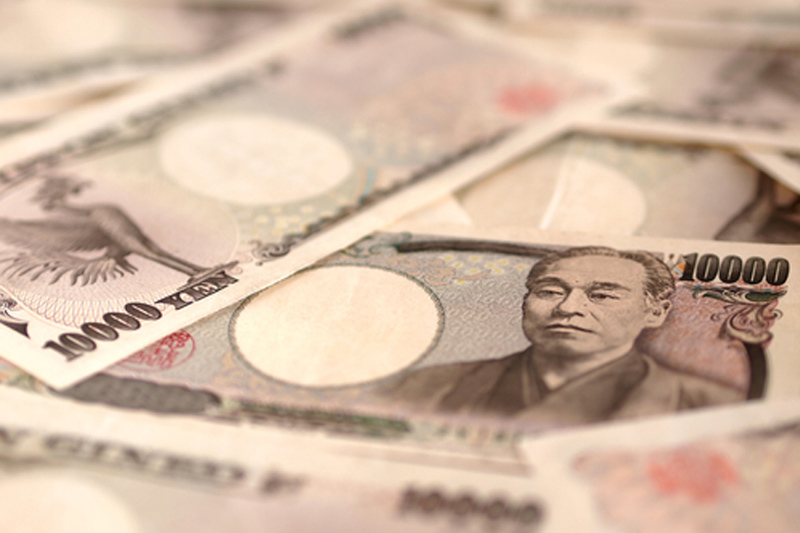U.S. stocks rise on Fed cut bets; earnings continue to flow
Investing.com -- Most Asian currencies kept to a tight range on Thursday as investors digested mixed signals on U.S. monetary policy, while a market holiday in China kept trading volumes limited.
Federal Reserve Chair Jerome Powell reiterated the bank’s hawkish stance when testifying before the House Financial Services Committee of Congress on Wednesday, although he did not directly signal that interest rates will rise in July.
This was also contradicted by other Fed members calling for an extended pause in the central bank’s rate hike cycle to observe the effects of recent monetary policy tightening.
The mixed signals weighed on the dollar, with the dollar index and dollar index futures falling slightly in Asian trade after overnight losses.
But Asian currencies took little advantage of weakness in the dollar, with Powell set to testify before the Senate Banking Committee later in the day.
A dearth of local economic cues, amid a Chinese market holiday, also saw regional currencies mark small moves.
The South Korean won fell 0.2%, while the Indonesian rupiah rose 0.2% ahead of an interest rate decision in the country later on Thursday. The Indonesian central bank is widely expected to hold rates steady, as inflation retreated in recent months.
Japanese yen near six-month lows amid dovish BOJ signals
The Japanese yen rose 0.1% on Thursday, but was trading close to six-month lows amid a chorus of Bank of Japan members calling for loose monetary policy.
BOJ board member Asahi Noguchi said that the central bank had to maintain its ultra-loose policy in the near-term to ensure steady wage growth, echoing comments from peer Seiji Adachi on Wednesday, who called for no changes to the BOJ’s yield curve control policy.
The BOJ had largely stood pat on its ultra-loose policy earlier in June, with signs that inflation had peaked giving the bank slightly more headroom to keep interest rates low. But this has weighed heavily on the yen, amid a widening gap between local and offshore interest rates.
Focus is now on nationwide inflation data, due on Friday, for more cues on the path of monetary policy.
Australian dollar lags amid China uncertainty
The Australian dollar fell 0.2% on Thursday, coming under pressure from uncertainty over Chinese stimulus measures and commodity demand.
China cut in its benchmark loan prime rate this week disappointed some traders hoping for a bigger reduction, which in turn weighed on currencies with high trade exposure to the mainland.
China’s yuan was flat in offshore trade, but hovered close to six-month lows.
